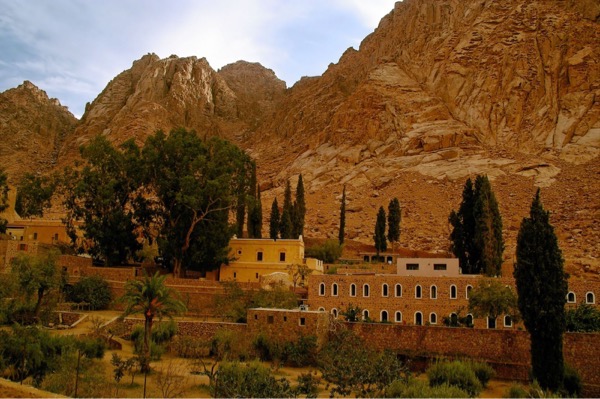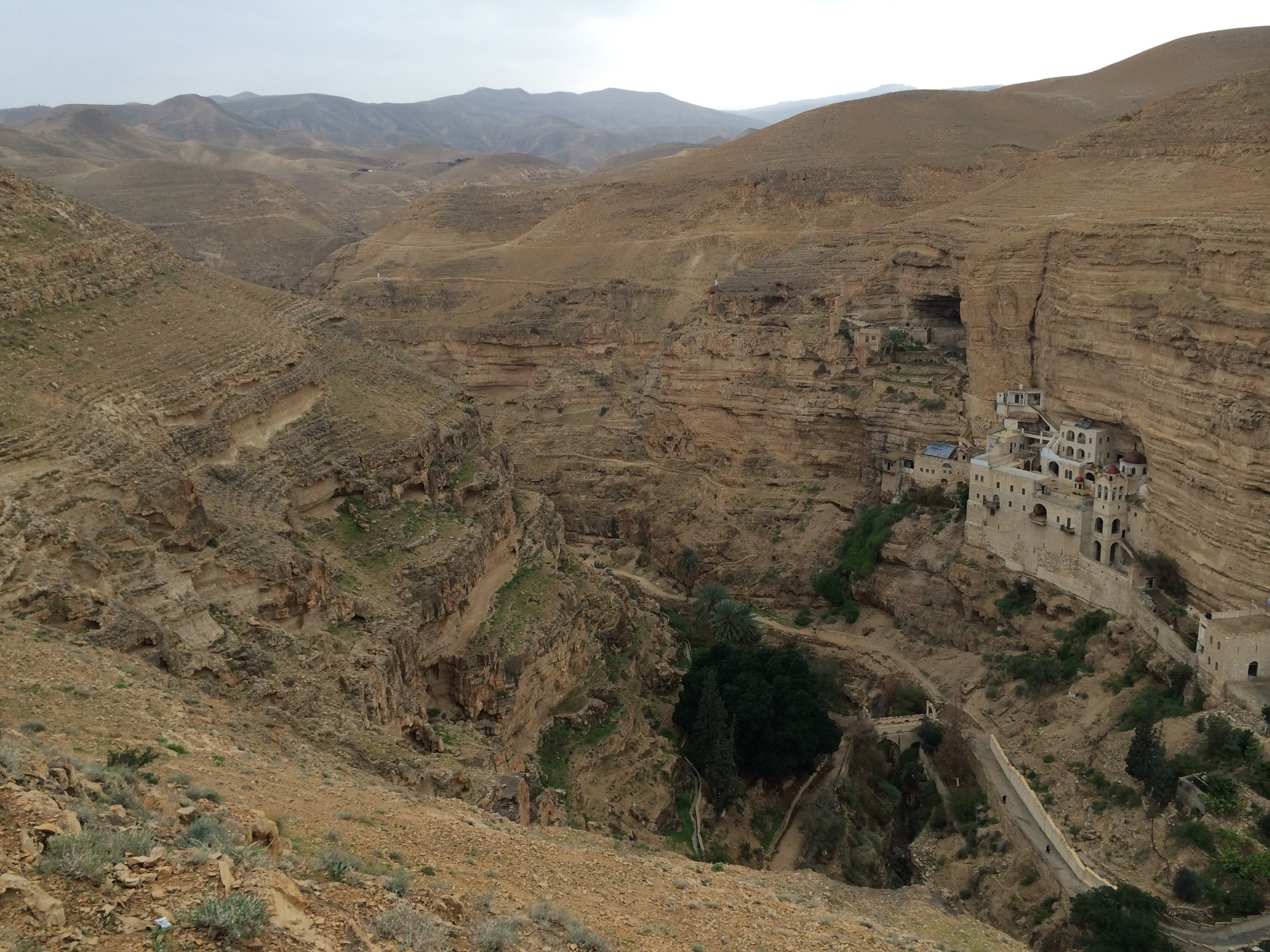The Climbing Party
/
This year let's call our friends, the Saints, to help us climb this rugged mountain of Lent whose pinnacle is the Resurrection of our Lord and Savior Jesus Christ. No matter how uncomfortable the trek before us may be, let's be determined to leave the chaos of the earth behind and draw as near as possible to the peaceful kingdom of God.
Ordinarily we Christians live on two planes; one is holy and the other profane. The secular layer with all of its demands to satisfy the body and ego with food, shelter, and power is rife with conflict and death. The secular world demands our full attention and usually gets it. The holy plane is the quiet and demure kingdom of God which resides in our hearts, in sacred books, (which are the depositories of holy minds,) in churches, and on mountaintops!
God likes mountaintops for the open and clean space up there. Heat rises. Vapor rises. People climb. Mountaintops are in the world but not of it, as we aspire to be. So, let's start climbing. The words of the saints will be our lanterns, ropes, and the arms that grab our own to lift us to the next plateau. Who is the first Saint to give us a leg up?
Saint John Climacus author of The Ladder of Divine Ascent
Saint John lived in the Sinai desert, at the foot of Moses' Mount that rises to nearly 7,500 feet. As the Abbot of The Monastery of Saint Katherine in the Sinai, his wisdom and guidance were so valuable that towards the end of his life, his peer, John, abbot of a nearby monastery Raithu requested that he write this book to guide future monks. While his book has inspired monasteries full of monks and clergy for centuries, lay people also benefit from this famous mountain climber's wisdom.
The Ladder of Divine Ascent gives us thirty steps to reach our mountaintop. To read this book during Lent, is to take the climb with the master Abba.
Before we begin, look up.
Step 1 - Renunciation of Life.
Step 2 - On Detachment
Step 3 - On Exile
Step 4 - On Obedience
Step 5 - On Penitence
Step 6 - On Remembrance of Death
Step 7 - On Mourning
Step 8 - On Placidity and Meekness
Step 9 - On Malice
Step 10 - On Slander
Step 11 - On Talkativeness and Silence
Step 12 - On Falsehood
Step 13 - On Despondency
Step 14 - On Gluttony
Step 15 - On Chastity
Step 16 - On Avarice
Step 17 - On Poverty
Step 18 - On Insensitivity
Step 19 - On Sleep. Prayer, and the Singing in Church of Psalms
Step 20 - On Alertness
Step 21 - On Unmanly Fears
Step 22 - On Vainglory
Step 23 - On Pride
Step 24 - On Meekness, Simplicity, Guilessness, and Wickedness
Step 25 - On Humility
Step 26 - On Discernment
Step 27 - On Stillness
Step 28 - On Prayer
Step 29 - On Dispassion
Step 30 - On Faith, Hope, and Love
To think that we have already reached Step 30 is to believe the illusion that the first few feet up is the top of the mountain. Men and women who have actually reached Step 30 can walk on water and raise the dead.
Your thought for the second week of our hike from Abba John is, "It is detestable and dangerous for a wrestler to be slack at the start of a contest, thereby giving proof of his impending defeat to everyone. Let us have a firm beginning to our religious life (read:climb), for this will help us if a certain slackness comes later. A bold and eager soul will be spurred on by the memory of its first zeal and new wings can thus be obtained.
When the soul betrays itself, when that initial happy warmth grows cold, the reasons for such a loss ought to be carefully sought and, once found, ought to be combatted with all possible zeal, for the initial fervor has to turn back through the same gate through which it has slipped away. The man who leaves the world because of fear is like burning incense, which begins with fragrance and ends in smoke. The man who leaves the world in hopes of a reward is like the millstone that always turns around on the same axis. But the man who leaves the world for love of God has taken fire from the start, and like fire set to fuel, it soon created a conflagration.
We should love the Lord as we do our friends. Many a time I have seen people bring grief to God, without being bothered about it, and I have seen these very same people resort to every device, plan, pressure, plea from themselves and their friends, and every gift, simply to restore an old relationship upset by some minor grievance.
At the beginning of our religious life, (read: climb) we cultivate the virtues, and we do so with toil and difficulty. Progressing a little, we then lose our sense of grief or retain very little of it. But when our mortal intelligence turns to zeal and is mastered by it, then we work with full joy, determination, desire, and a holy flame."
We will go back to our Master Climber from time to time, but you are better off reading the whole mountain...I mean book.
